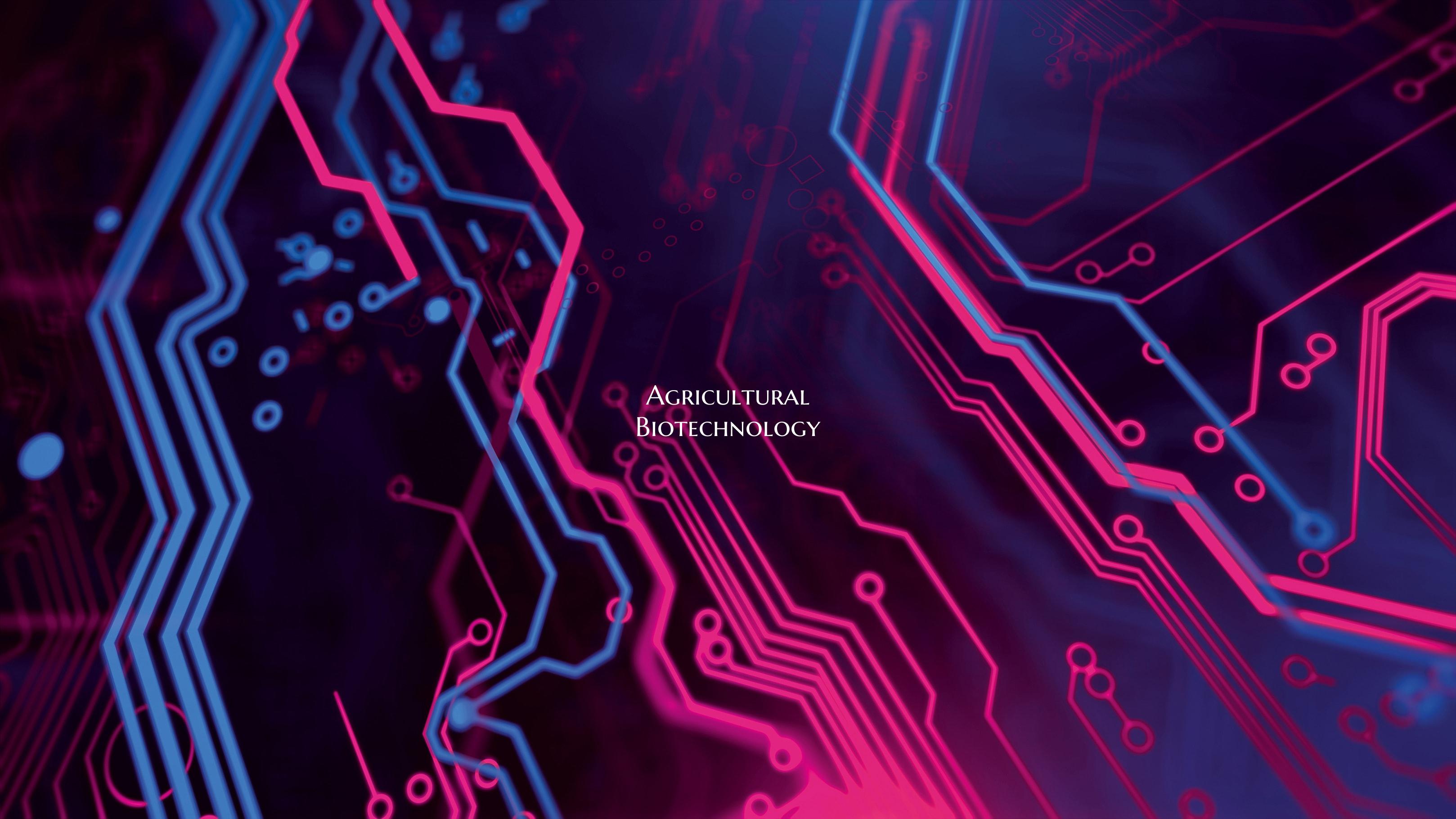Agricultural Biotechnology
Agricultural biotechnology, a rapidly growing field in modern agriculture, combines elements of biology, genetics, and technology to improve crop yield, quality, and resilience. By harnessing the power of biotechnology, researchers are able to develop genetically modified organisms (GMOs) that have the potential to address various challenges faced by farmers, such as pests, diseases, and environmental stressors.
One of the key advantages of agricultural biotechnology is the ability to create crops that are more resistant to pests and diseases. Through genetic engineering, scientists can introduce genes from other organisms that provide natural defenses against common agricultural threats. This reduces the need for chemical pesticides, leading to not only healthier crops but also a more sustainable farming practice.
Furthermore, agricultural biotechnology plays a crucial role in improving the nutritional content of crops. By modifying the genetic makeup of plants, researchers can enhance levels of essential vitamins, minerals, and proteins, offering consumers a more nutritious diet. This innovation is particularly beneficial in regions where access to diverse and nutrient-rich foods is limited.
In addition to pest resistance and improved nutrition, agricultural biotechnology also contributes to environmental sustainability. Some genetically modified crops are designed to be more drought-tolerant or to require less water and fertilizer, thereby reducing the environmental impact of agricultural practices. These advances help conserve natural resources and mitigate the effects of climate change on food production.
Despite the numerous benefits of agricultural biotechnology, there are also concerns related to its widespread adoption. Critics argue that GMOs may pose risks to human health and the environment, and there are ongoing debates about labeling regulations and the long-term effects of genetically modified crops.
Overall, agricultural biotechnology holds great promise for the future of farming, offering innovative solutions to increase food security, improve crop productivity, and foster sustainable agricultural practices. With ongoing research and thoughtful regulation, biotechnology can continue to play a vital role in addressing global challenges in agriculture.

